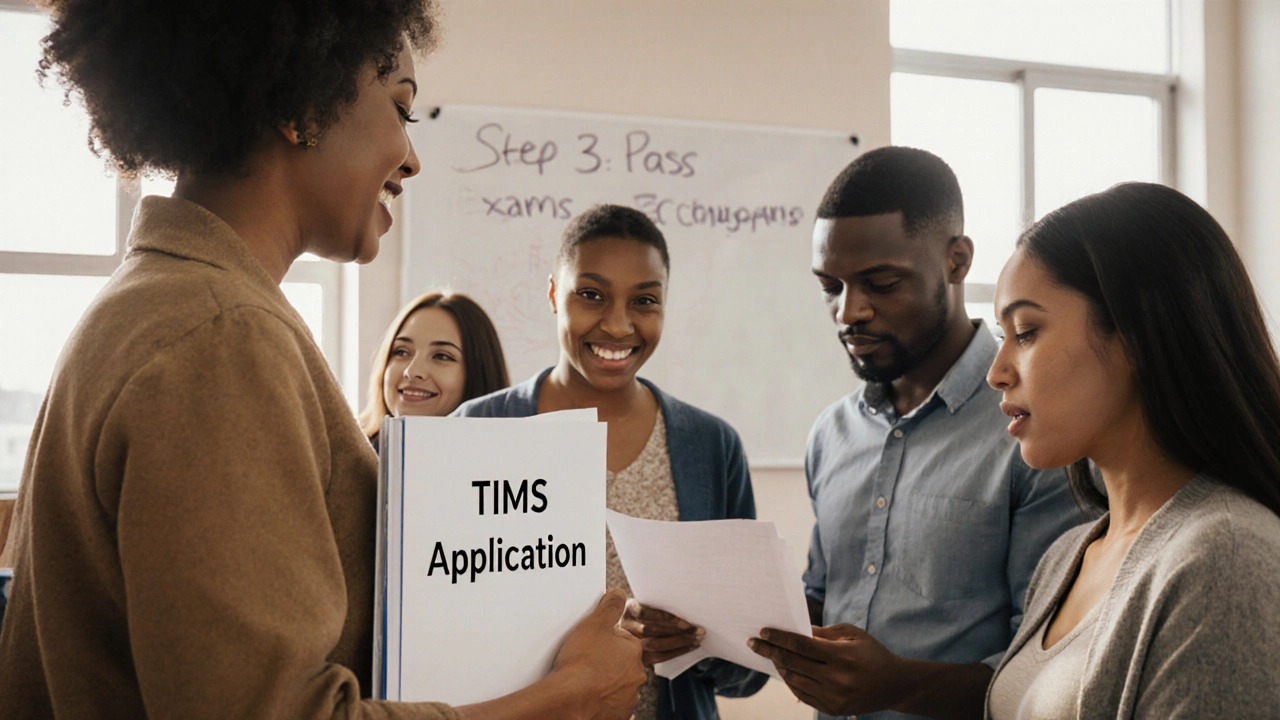Virginia Teaching License: Requirements, Alternatives, and What You Need to Know
When you’re aiming to teach in Virginia, you need a Va teaching license, an official credential issued by the Virginia Department of Education that proves you meet state standards for classroom instruction. Also known as Virginia educator certification, it’s not just a formality—it’s the gatekeeper to public school jobs across the state. Without it, you can’t walk into a Virginia classroom as a licensed teacher, no matter how skilled or experienced you are.
Getting this license isn’t a one-size-fits-all process. It depends on whether you’re coming from out of state, switching careers, or just finishing college. If you’re a recent grad, you’ll likely follow the traditional route: earn a bachelor’s degree in education, complete a state-approved teacher prep program, pass the required Praxis exams, and apply. But if you’re already working in another field, Virginia offers alternative pathways like the Alternative Route to Licensure, a program designed for career changers with a bachelor’s degree in any subject. These programs let you start teaching while finishing your certification requirements—something many states don’t make easy.
And it’s not just about the license itself. What you teach matters too. Virginia divides licenses into areas like elementary, secondary, special education, and career and technical education. If you want to teach high school math, your license will look different than if you’re teaching middle school science. The state also recognizes provisional licenses, temporary permits for high-need areas like STEM and special education where qualified candidates are scarce. These give you time to complete full certification while you’re already in the classroom.
Here’s the thing: Virginia doesn’t just check boxes. They look at your background, your test scores, and your training. They even check for criminal history—something you might not expect if you’re coming from a non-education career. But they also offer reciprocity. If you’re already licensed in another state, you might be able to transfer your credentials without starting over. It’s not automatic, but it’s possible. And that’s a big deal if you’re relocating.
What you won’t find in the official paperwork is how messy the real process can be. People get stuck waiting for transcripts, confused by application portals, or shocked when their out-of-state degree doesn’t automatically qualify them. That’s why so many teachers end up going through professional development programs, structured support systems offered by districts or nonprofits to help navigate certification. These aren’t required, but they’re often the difference between giving up and getting hired.
And if you’re wondering whether you even need this license—yes, you do, if you want a stable, long-term job in a public school. Private schools and charter schools sometimes hire without it, but they’re the exception. Most pay scales, benefits, and career growth paths in Virginia’s education system are tied directly to certification. Skip it, and you’re limiting yourself to short-term gigs or lower-paying roles.
Below, you’ll find real stories, practical checklists, and step-by-step guides from people who’ve been through it. Whether you’re trying to transfer a license from another state, switch careers into teaching, or just figure out which exams to take next—this collection has what you need. No theory. No fluff. Just what works.
Learn how to get a teaching certificate in Virginia in 2025 with step-by-step guidance on degrees, exams, applications, and licensing. Avoid common mistakes and understand requirements for out-of-state and career-change teachers.
